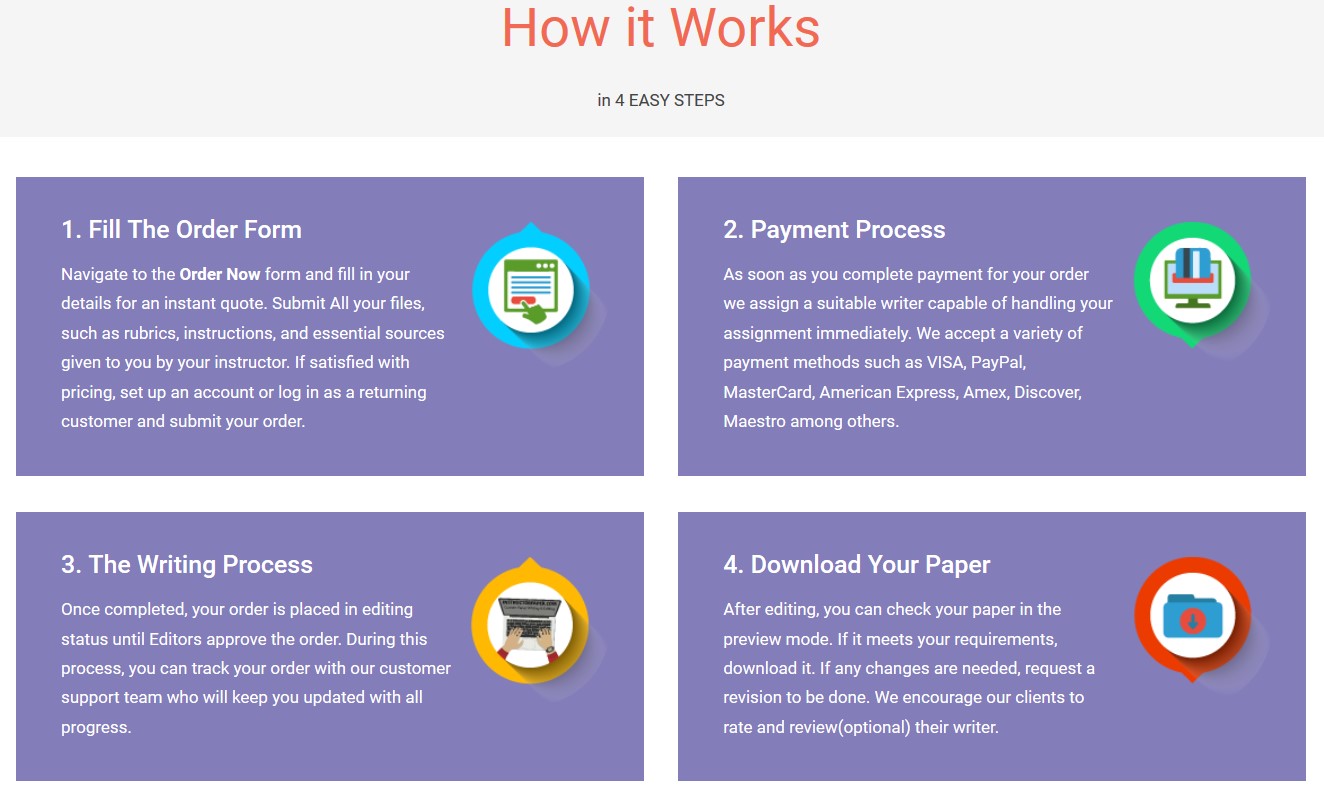As an Information Assurance and Security Specialist the job role would be making sure that the organization is secured with all the correct standards and protocols. Some best practices would be to implement a formal IS Governance Approach, stop data loss, detect insider threat, back up all data, and being aware of social engineering, along with many other things to consider. Implementing a formal IS governance approach allows a company to establish and maintain an information security framework. The framework is design to align the assurance strategies and support the business. It extremely vital to have a security mechanism in place to stop or prevent data lost. Losing data can cause a company’s failure and trust of a consumer. A recent survey found that data stolen or misused from vendors and contractors as well as employees. With data being exposed to employees and outside vendors, there needs to be some line of defense to monitor user activity to detect any insider threat. Looking for unauthorized behaviors and making sure no one is violating the security policy. Back up of data can be crucial too, especially when there is a major disaster and/or breach of a system. Social engineering is becoming more and more popular as technology continues to increase. Having the correct training and knowledge keeps all employees aware of what social engineering is and how to mitigate anyone from trying to gain any sensitive information. (Donovan, 2017)
As an information security analysts the expectations are to plan and carry out security measures to protect the organization’s computer network and systems. While working on a project the most important requirements are confidentiality, integrity and availability. Confidentiality in my role is where I would help control who gets to read any information. Integrity, I will help assure that information and programs are change in a specified and authorize manner. Availability would be assuring that authorized users have access to the information and resources.
Save your time - order a paper!
Get your paper written from scratch within the tight deadline. Our service is a reliable solution to all your troubles. Place an order on any task and we will take care of it. You won’t have to worry about the quality and deadlines
Order Paper NowWhile working on the current project, I believe we will be successful as long as protocols and standards are followed and done correctly. Implementing a security policy will allow the organization to be profitable and grow. It takes a team for a business to strive and grow. Making sure that all employees are well trained and is aware of expectations of the company we have no choice but to strive for greatness.
Working with a team to complete a project is critical for success. Some best practices that a team member or an effective team should have are:
- Being confident, not arrogant: Being confident is speaking up when something comes to mind, so that your opinion could be heard and possibly used.
- Good Communicator: Communication is the key! Without it someone could be left out, not know what is expected, and possibly be slower. Everyone on the team should be well aware of the expectations, a timeline and how the team is progressing. This will help make sure things are done effectively and efficient for sure.
- Responsibility and loyalty: Being accountable for your own actions, mistakes and successes helps lessen confusion and keeps the ball rolling. Loyalty is hand and hand, I would say. Because being loyal to me is being responsible and willing to go to the end weather its good or bad. There may be times when the project becomes to stressful or you just feel like you can’t do. Staying loyal and strong will help get you to the end. (Clarizen, 2017)
References
Clarizen, T. (2017). 10 Practices of Highly Effective Team Members. Retrieved from https://www.clarizen.com/10-practices-highly-effective-team-members/
Donovan, K. (2017). 10 Cybersecurity Best Practices for IT, IS, Network & Data Security. Retrieved from https://www.observeit.com/blog/10-best-practices-cyber-security-2017/
"If this is not the paper you were searching for, you can order your 100% plagiarism free, professional written paper now!"



